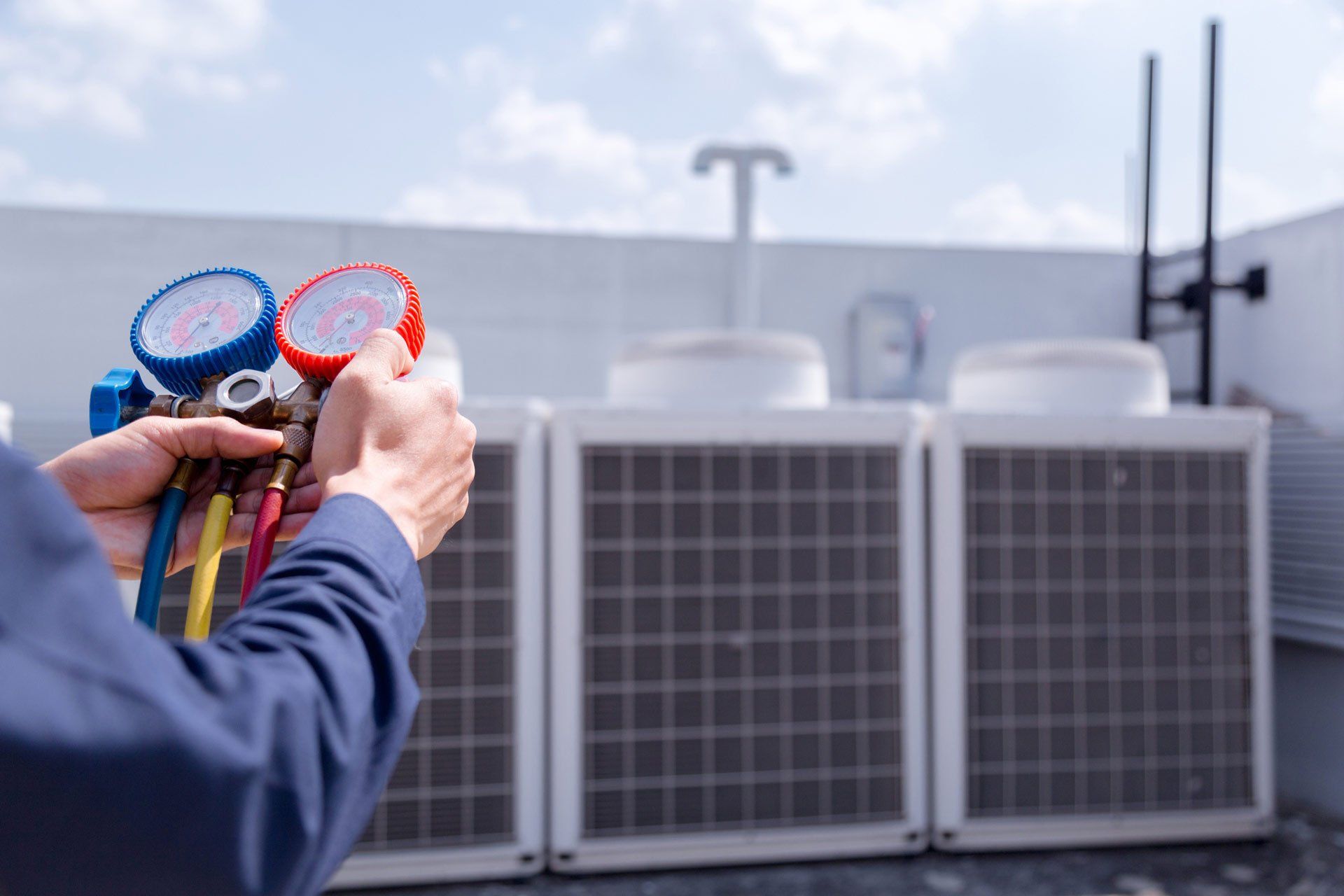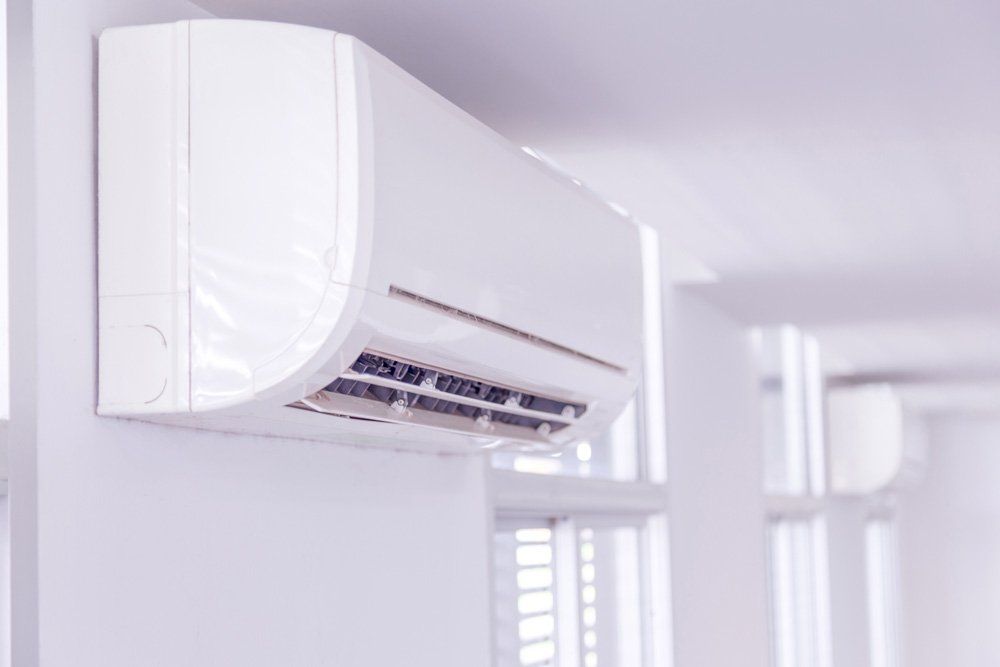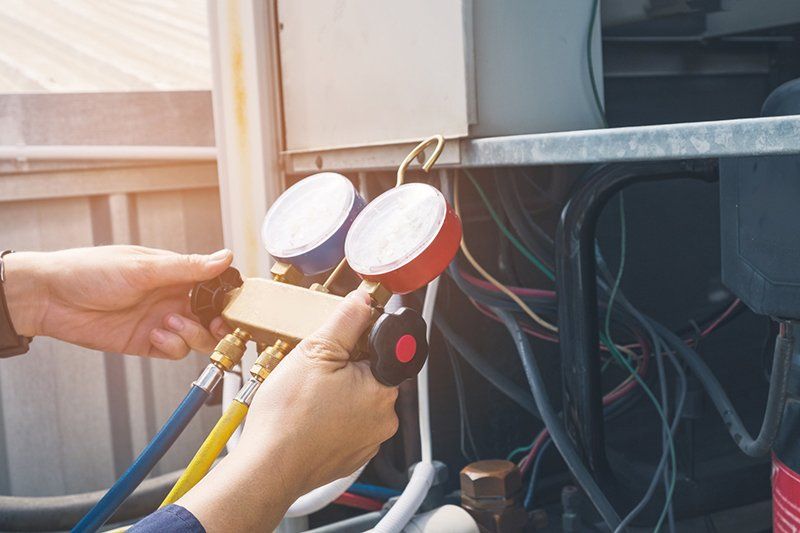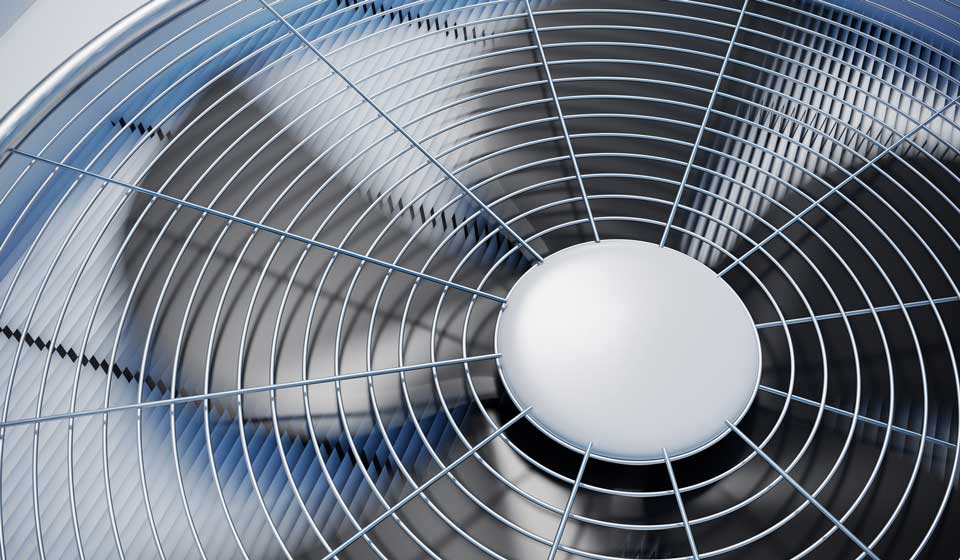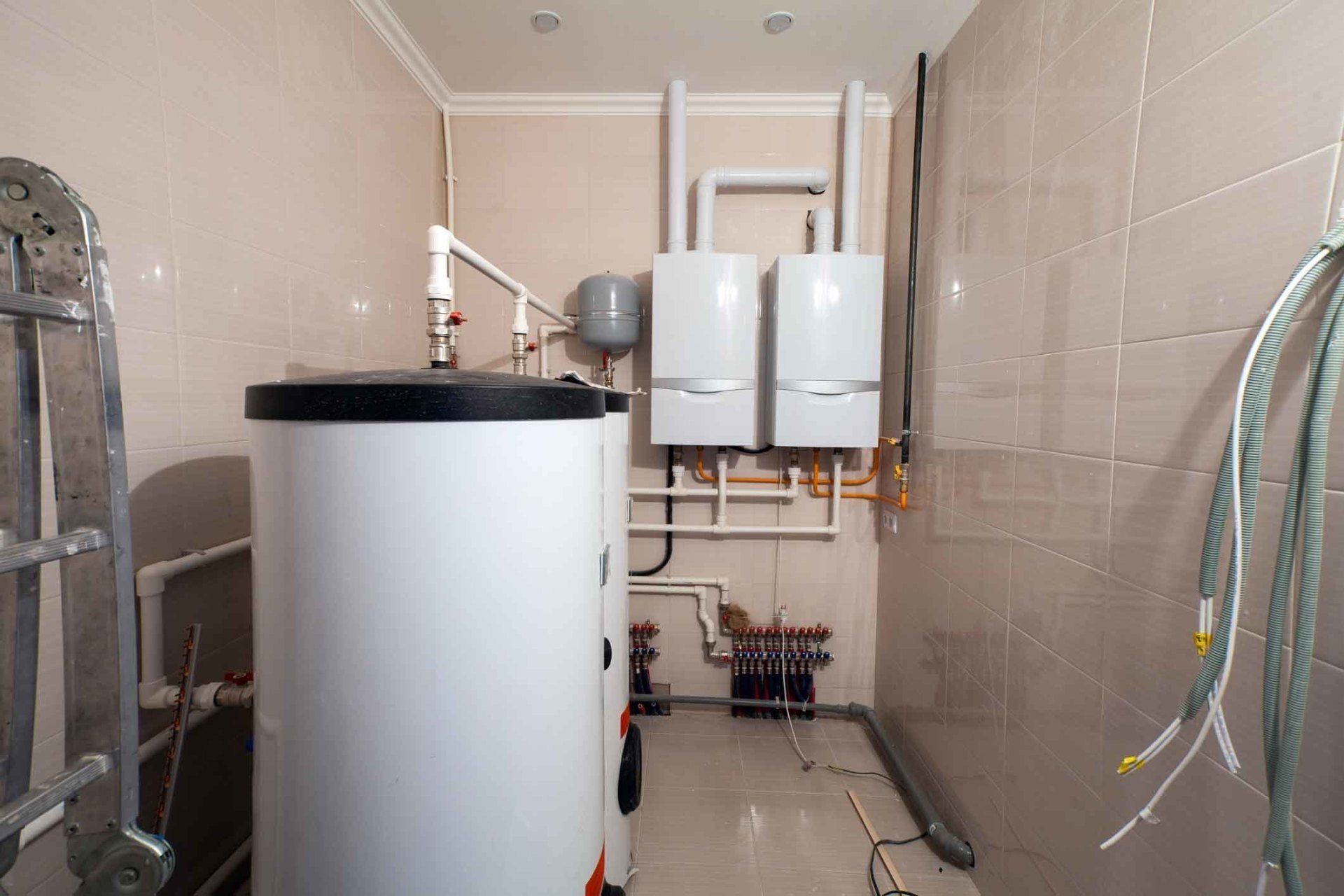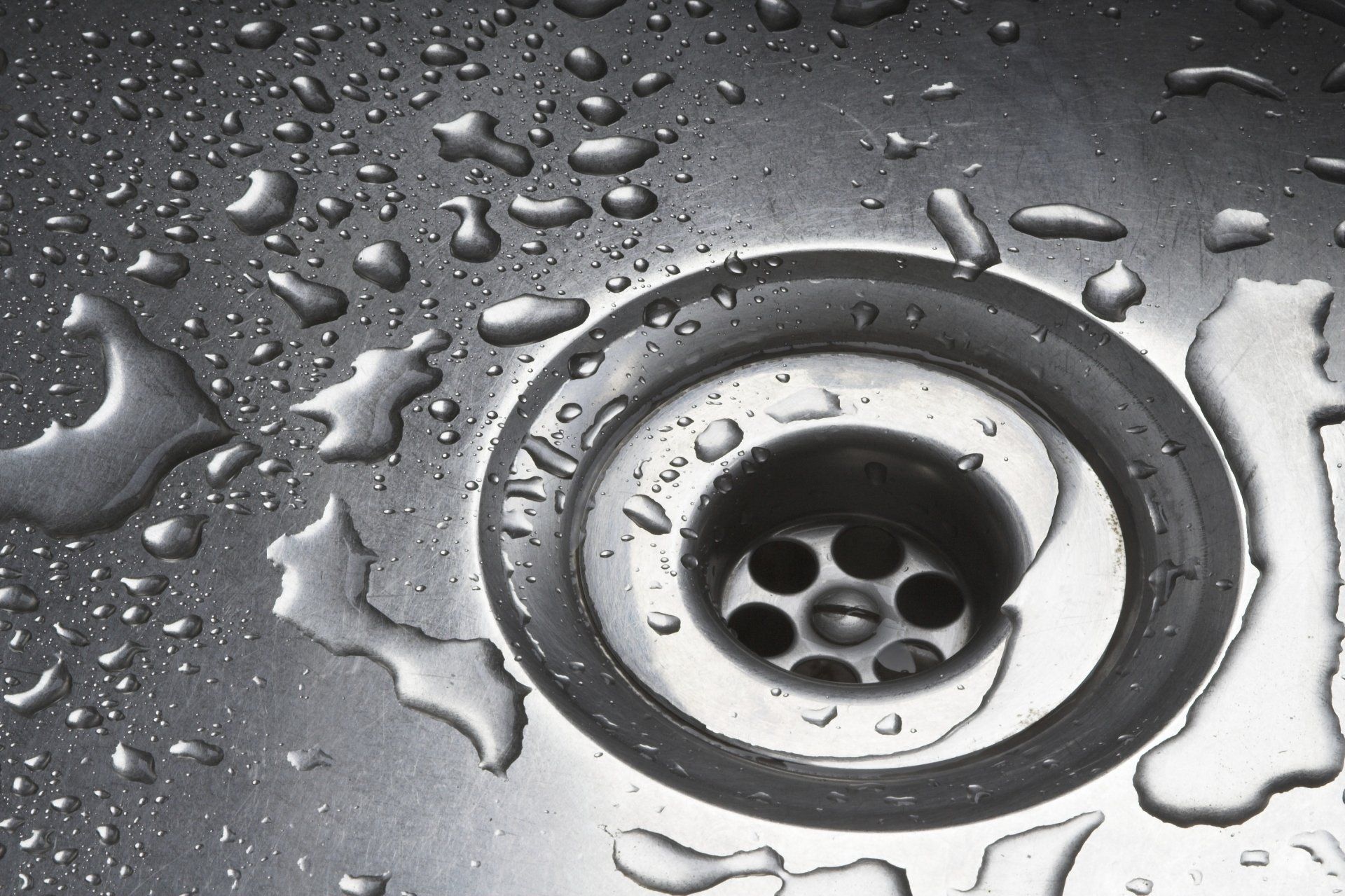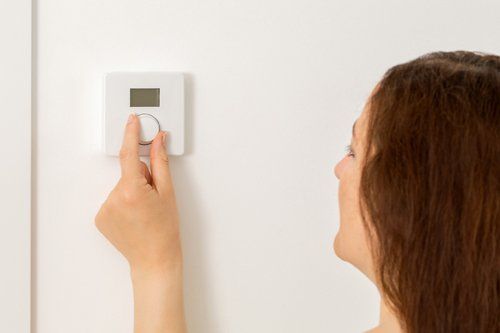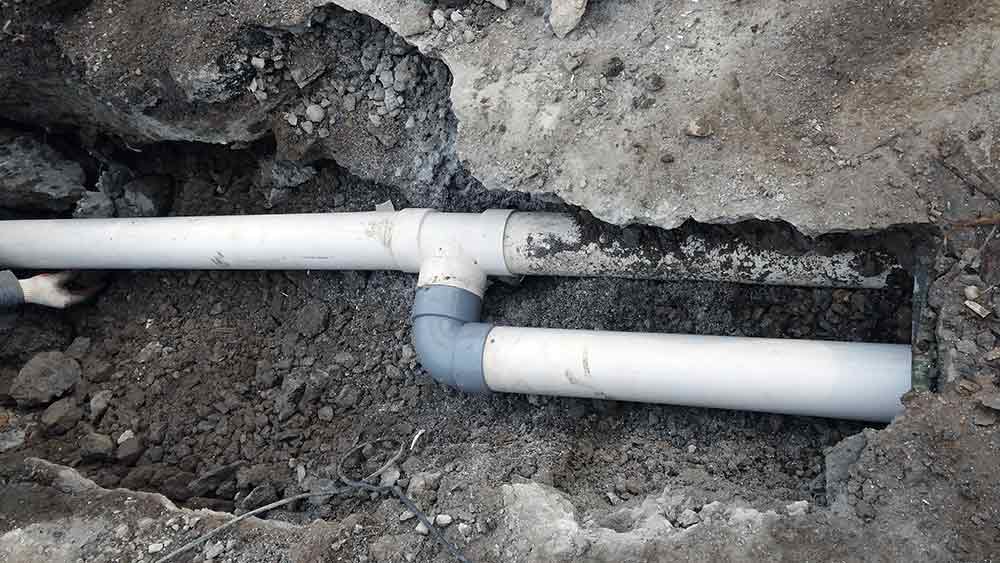Features of High-Efficiency Water Heaters
- By Admin
- •
- 15 Feb, 2021
- •
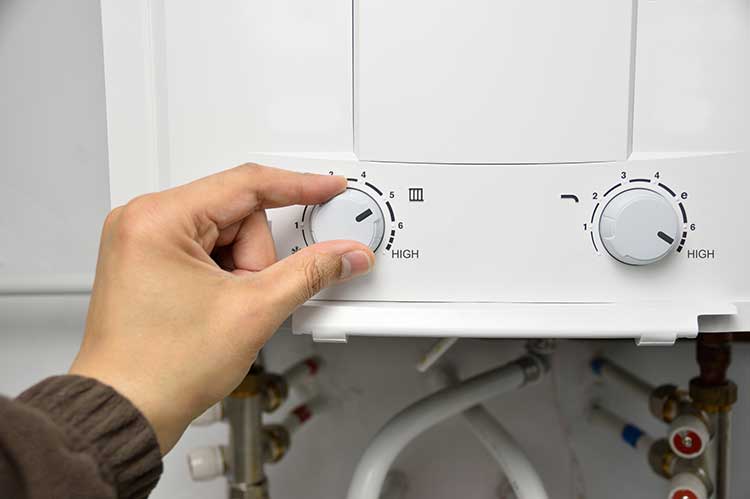
A high-efficiency water heater uses the least energy possible to give you enough hot water at the right temperature. Below are some features to look for when shopping for a high-efficiency water heater.
High Energy Factor
A water heater's energy factor (EF) gives a good indication of its energy efficiency. The EF is the amount of hot water the tank produces for every unit of energy it consumes. An ideal water heater would convert all the energy it consumes to heat water. The ideal scenario is not practical since:
- The combustion doesn't burn all the fuel it receives into heat
- The exhaust system loses some heat
- The system loses some heat as the water circulates (cyclic losses)
- Tank systems lose some heat as the water stays in the tank before use (standby losses)
An efficient water heater minimizes as many of the above losses as possible. Such a water heater has a high EF - the higher the EF, the better the efficiency.
Pressurized Combustion System
A pressurized combustion system has a sealed combustion chamber with two pipes. One pipe provides combustion air while the other one directs the combustion gases outside. Some systems also use fans to pull fresh air and push spent gases outside. The setup ensures the heater always has adequate combustion air, which increases its combustion efficiency.
Electronic Ignition
Traditional water heaters use standing pilot ignition. A standing pilot igniter burns as long as the water heater is in use. High-efficiency water uses use electronic igniters instead.
An electronic igniter has a sensor to detect the temperature and light the burners when you need hot water. The electric igniter minimizes energy consumption since it doesn't consume energy when not in use, unlike the pilot light system.
Diffuser Dip Tube
Your freshwater system contains dissolved minerals. Some of the minerals remain at the bottom of the tank. Over time, the accumulated sediments form an insulation layer that interferes with the tank's heating efficiency. Some efficient water heaters have a diffuser dip tube that minimizes the mineral buildup, maintaining the water heater's efficiency.
Condensing Feature
As previously mentioned, water heaters lose heat by venting hot gases. Condensing water heaters use two heat exchangers to reduce such exhaust losses.
The first heat exchanger works like heat exchangers in non-condensing furnaces - it transfers heat from the boiler to the water. The second heat exchanger absorbs heat from the exhaust gases and uses it to preheat incoming cold water. The process raises the incoming water's temperature and reduces the the boiler's energy consumption.
Automatic Flue Damper
An efficient water heater requires efficient venting of combustion gases. Traditional furnaces use manual or mechanical dampers that you must monitor, open, and close as necessary. For example, the damper should close when the boiler is not in use to prevent heat losses. Unfortunately, manual controls are not always efficient.
Efficient furnaces have automatic dampers with electronic controls. The automatic dampers have a motor that runs to open and close the damper when needed. Such automatic operations translate to precise venting and draft regulation, which increases the boiler's efficiency.
Tankless Operations
Lastly, you should also consider a tankless water heater to maximize your system's efficiency. A tank system incurs a delay between the water heating time and the time you use the hot water. The delay allows some heat to escape the tank. A tankless water heater doesn't have such losses since it heats water on demand.
The above are some of the critical features to consider, but you shouldn't forget that water heating appliances are improving all the time. Action Heating & Plumbing installs, services, and repairs various forms of water heaters. Contact us for a consultation to get you a water heater that meets your needs.
ADDRESS
CONNECT
PAYMENT OPTIONS



